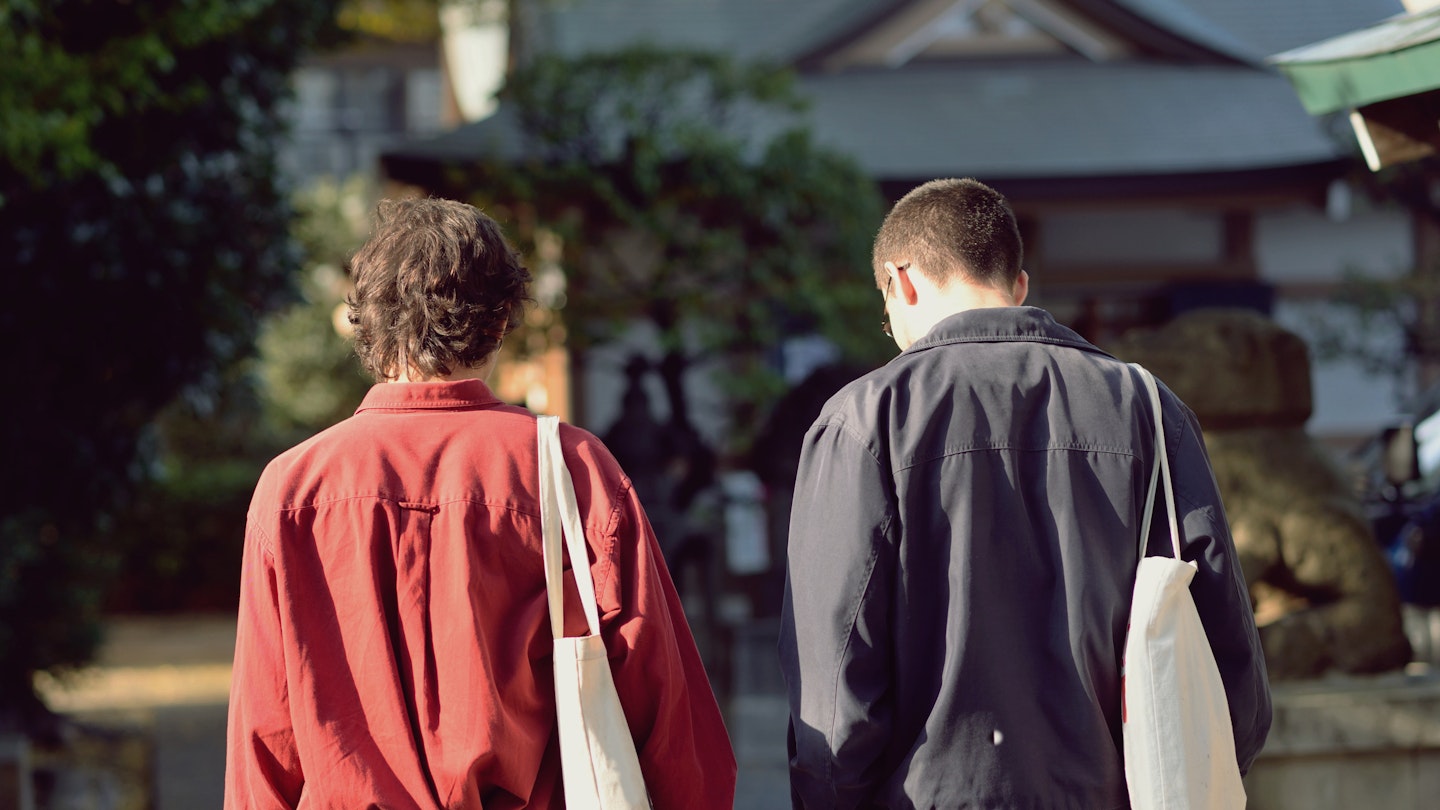On October 11, Japan will finally open its doors to independent travel following more than two years of some of the world’s toughest border restrictions. The country is also bringing back visa-free entry for visitors from more than 60 countries.
Does that mean it will be as easy to visit now as it was pre-pandemic? Sort of. There are still some pandemic-era rules in place, and you might find that locals are still taking many precautions against the virus compared to other nations. Yet at the same time, there’s much excitement on the ground about the return of international tourism, with Japan gearing up to welcome visitors back with exciting new attractions and events.
1. Do I need to pack a mask?
Yes. Face masks have been a norm in Japan since before the pandemic. People often wear them year-round to protect their lungs from air pollution and to protect themselves and others from viruses, infections, and allergens. While Japan has no official mask mandate in place, many businesses still require people to wear one indoors; you’ll also see people with a mask while on a bus, train, or taxi, or in any crowded indoor environment. Consequently, it wouldn’t hurt to have one in your bag or pocket at all times. If you forget to pack one, it’s easy enough to find a surgical-style disposable face mask in airports and pharmacies all over Japan.
2. Have I checked which entry rules apply to me?
Japan has a color-coded classification entry scheme for all countries, which will continue even after travel rules ease on October 11. The system sets out distinct rules depending on what country you’re entering Japan from. Travelers coming from a “blue” country – a list that currently includes the United States, Canada, the UK, Australia, Mexico, Thailand, and many EU nations – no longer have to quarantine and have the option to show proof of vaccination or negative test results before traveling. Travelers from “yellow” and “red” countries are subject to additional entry requirements, such as testing upon arrival and quarantine. Understanding these new classifications is crucial for a hassle-free entry into Japan.
3. Have I downloaded the MySOS app?
MySOS is a smartphone app that’s used to record your vaccine and health information for entry into Japan. This app should help expedite airport security checks by serving as a one-stop shop for all your essential documents. If you’re traveling with kids, their relevant information can be stored in your MySOS app as well, ensuring a smoother travel experience.
4. Do I need to apply for a visa?
Japan will reinstate visa-free travel on October 11 for travelers from more than 68 countries, including the US, Canada, the UK, Ireland, Australia, Mexico, Argentina, Singapore, and Thailand, among others. If you are a passport holder from a country on the visa-waiver list, you won’t need a visa to travel to Japan if you’re staying for less than 90 days, making it more convenient to plan your trip.
5. Should I reserve restaurants and museums in advance?
Japan is known for its sophisticated, creative, and celebrated restaurants. For many travelers, experiencing the local cuisine is one of Japan’s major attractions. Securing a table at top spots in places like Tokyo and Kyoto has always been a challenge. More importantly, since the pandemic, most restaurants across the country require advance reservation, which continues even as restrictions ease. Additionally, museums have implemented new entry systems, meaning you’ll likely need to plan ahead to secure your preferred date and time.
6. What new attractions can I add to my Japan itinerary?
Theme Parks
Japan always has something exciting brewing. Though the pandemic initially paused momentum, the opening of several much-anticipated attractions is expected soon. Following the world’s first Super Nintendo World opening in Osaka, the next big addition is Ghibli Park, which is set to open in Aichi Prefecture on November 1. Unlike traditional theme parks, Ghibli Park allows visitors to walk through enchanting landscapes inspired by Ghibli films.
Culture
Earlier this year, Ishikawa’s New Prefectural Library opened featuring 300,000 open stacks and the capacity for two million. This library is quickly becoming a focal point for those interested in crafts, art, and history, showcasing cutting-edge architecture.
History
Now that borders are open, don’t miss the new UNESCO site in northern Japan, open since May 2021. The Jomon Prehistoric Sites collectively form a Cultural Heritage Site, providing fascinating insights into the culture of the indigenous Jōmon people across 17 archaeological areas.
Bullet Trains
Japan’s public transport system is renowned worldwide, with its high-tech bullet trains as a significant highlight. The Nishi-Kyūshū line has recently opened, taking passengers between Takeo Onsen and Nagasaki in just 23 minutes, further enhancing travel efficiency.
Cities
If you’re in Tokyo, be sure to explore Okushibu, a hidden gem in the Shibuya shopping district. This area has emerged as a vibrant zone for late-night cafes and unique restaurants. Expect a new Trunk Hotel Yoyogi Park to open in 2023, complete with a rooftop infinity pool that offers stunning views across the park and city.




